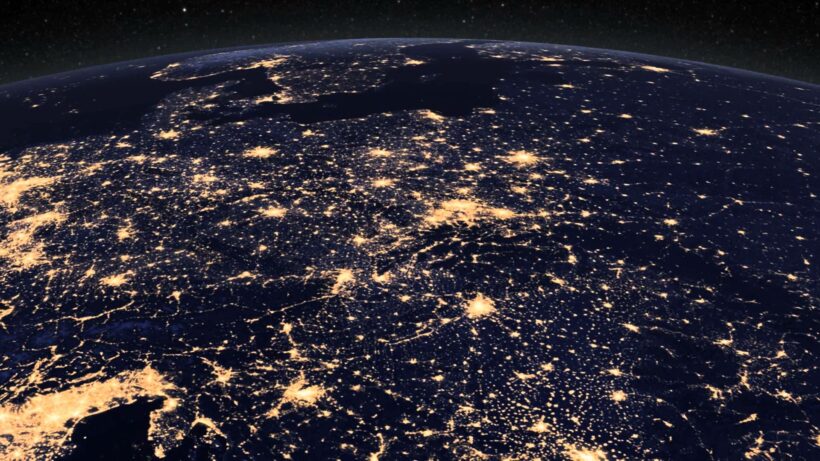As the new year begins, I am taking this opportunity to make fresh personal commitments. I want to reflect on what is outdated or unhelpful in my life and envision the type of future I desire by implementing the necessary lifestyle changes.
One of my most profound realizations is this: I am done with war. For over 40 years, I have marched, protested, and spoken out against wars. From now on, the issue of war belongs to the past for me. I will no longer think, write, or talk about war. As an editor at Pressenza, I will not publish articles covering wars in Ukraine, Gaza, or the potential conflicts with China.
Our society invests far too much—economically, technologically, communicatively, and mentally—on war. It consumes time and energy that could be better spent elsewhere. Instead of focusing on war, I am dedicating myself to the issue of peace. Peace is not merely the absence of war.
I will work on addressing discrimination and the steps needed to transform it. I am inspired by Mexico’s new president, Claudia Sheinbaum, who talks about migration within the broader concept of human mobility. As artificial intelligence aptly summarizes: while migration is a component of human mobility, the latter offers a broader, more inclusive framework to understand and address the movement of people in a globalized, interconnected world. Human mobility emphasizes fluidity and opportunity, whereas migration often focuses on the legal, social, and economic implications of relocation. Adopting this distinction can lead to a more nuanced and humane approach to the realities of movement in the 21st century.
There is no greater form of discrimination than limiting social and technological progress. During my recent travels to South America, I was shocked to learn that Ecuador has electricity only a few hours a day. Many countries face an energy crisis, and I believe the Degrowth Movement must shift its focus. Instead of advocating for limits on growth, it should prioritize developing unlimited renewable energy and sustainability, following examples like Denmark’s successful transition to wind power or Costa Rica’s achievement in running on almost 100% renewable energy.
To develop as a human species, we must ensure equitable access to energy and technology. I cannot imagine a young student trying to study in a school without electricity. In today’s world, access to data, shared information, and knowledge—all dependent on electrical power—has become a basic necessity.
 Living in a city that has historically inspired the world, I am reminded of the Pearl Street Generating Station where, in 1882, Thomas Alva Edison built the forerunner of all central electric generating stations. This innovation inspired humanity and shaped the modern world. Similar breakthrough moments, like the invention of the internet and artifical intelligence, continue to push us forward. I stand in solidarity with the people and pioneers who shaped our present, and I am determined to contribute to constructing a future of profound peace and progress for all.
Living in a city that has historically inspired the world, I am reminded of the Pearl Street Generating Station where, in 1882, Thomas Alva Edison built the forerunner of all central electric generating stations. This innovation inspired humanity and shaped the modern world. Similar breakthrough moments, like the invention of the internet and artifical intelligence, continue to push us forward. I stand in solidarity with the people and pioneers who shaped our present, and I am determined to contribute to constructing a future of profound peace and progress for all.
I share my sincere conviction that we can achieve a peaceful world within the next 100 years. To do this, we must adapt our personal development and aspirations to match the potential of our highly connected and technologically advanced planet. We must place more of our energy on imagining and creating what we do want instead of struggling against what we don’t want. Let’s build the future we all aspire to by focusing on what fosters peace and leaves behind violence, discrimination, fear, war, control, and egocentrism. As Albert Einstein reminded us, “In the midst of every crisis, lies great opportunity.”
